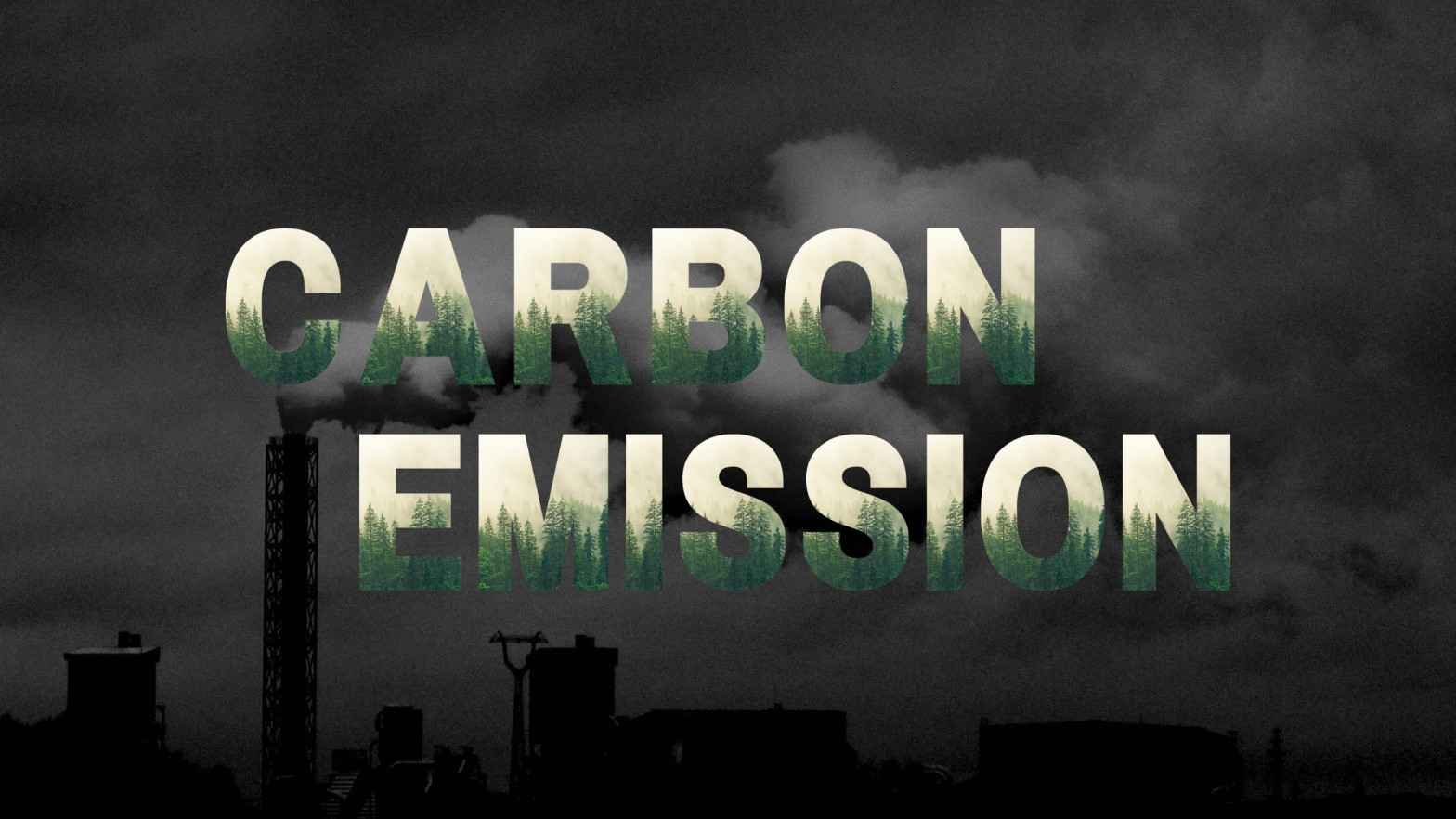
Investment portfolio in solar assets
Many of you are already familiar with the idea of investment portfolio. So an investment portfolio is a collection of assets that includes stocks, bonds, cash and other financial instrument. The idea of asset allocation is not new. Every investment advisor will tell you to spread your risk on investment in order to find the right balance for your risk profile. Investors seek a profit by combining these assets in a way that represent their risk appetite and financial objectives. A healthy mix of real estate, international stocks, commodities, cash and renewable energy is what I would personally prefer to invest in. Now you must be wondering why I included the renewable energy sector or more specifically solar assets as a part of investment mix. Renewable energy investment is constantly expanding year after year. Dependence on fossil fuels is unsustainable in every manner, especially in terms of the environment. Because of this solar might just be the most attractive asset class for private investors.
Now consider a ₹80000 rupees in a hypothetical at 8.0 % yield, low-risk, 5-year bond vs. the same amount invested in a solar PV system purchase for a home. The bond would yield ₹6400 in dividends annually. An average sized residential solar system (2kW) would cost about ₹80000 installed (there’s 40% subsidy on this too) and should routinely save a homeowner, depending on the utility territory, an estimated ₹15000/year on their electricity bill. Since power generated from the system would be covered under warranty, it’s fair to consider solar low risk – unless you think your utility will go bankrupt or that sun might not rise tomorrow morning. You can notice that money saved on the electricity bill could be considered as a dividend.
When the 5-year bond matures, the investor would cash-in that bond and receive back their principal amount. Comparing this idea of cashing in a bond at maturity to a solar investment , let’s assume that the investor wants to sell his/her home after five years. Research shows that, solar homeowners are able to increase the value of their homes which is more than the installed cost of the system. So basically you get 40% subsidy on your installation cost , then you are saving on every bill and now you are even increasing the value of your home . Ain’t this too good for an investment? The amount you invested in the solar plant will be returned to you in 4-5 years. All the savings that you do by installing a plant is your earnings. The cherry on the top would be this that a solar plant has a lifespan of 25years with minimum maintenance. So an investment done in solar would be beneficial for 25 long years. And also by installing solar, a homeowner can protect themselves against the effects of future electricity rate hikes on their purchasing power also.
Also while considering solar energy as an investment, keep in mind the environmental benefits of using a clean, sustainable source of energy to power your home. Traditional methods of electricity generation (such as coal and natural gas) release enormous volumes of carbon dioxide, which contribute to global warming. These polluting energy sources contaminate our air and water resources, and have been linked to a variety of health issues. Going solar benefits your entire community as well as future generations who rely on us to leave our world clean and safe. This would also add up to the COP26 initiative for a cleaner world.
Solar power gives a distinct edge to an investor who is not reliant on market dynamics because of its longevity and economics. An investor’s portfolio should include a diverse range of assets, including high-growth strategies, capital accumulation allocation, as well as cash-yielding and stable annuity assets. Of course, each investor has their own preferences in terms of what is important to them. But, in the end, few investments provide the same level of stability and annuity as solar assets. Forward-thinking investors are usually good custodians of their assets while speculating on the future. They would definitely understand that solar investment is not only prudent, but also incredibly practical. Solar energy becomes a more attractive, financially enticing investment as the cost of electricity rises, reducing the purchasing power of future money. For financially savvy individuals worried about their financial growth, solar is thus a wise and practical option.
Solar energy is a dependable investment that can yield a good financial return. In addition, solar energy provides protection from rising electricity costs, excellent tax treatment, and significant environmental benefits. There’s a reason why many people consider solar to be a win-win situation: it’s good for your family’s finances while also being helpful for the environment.




